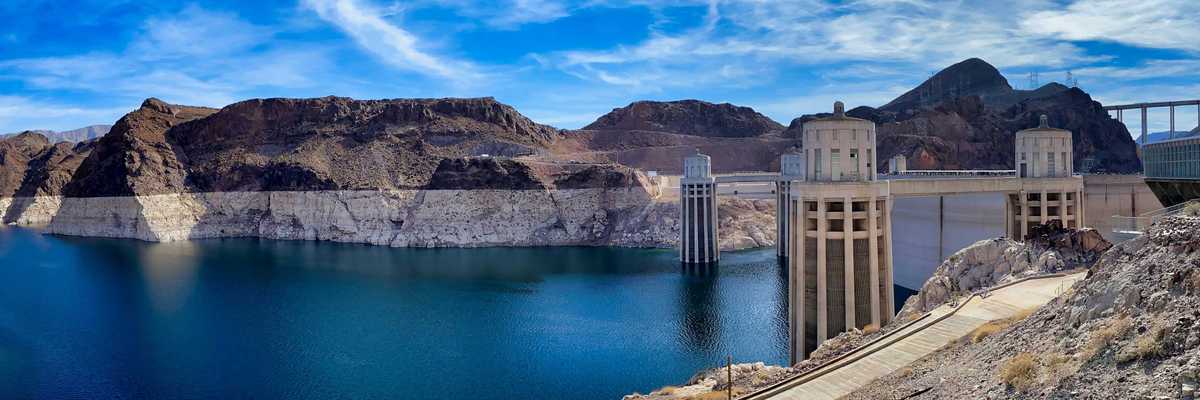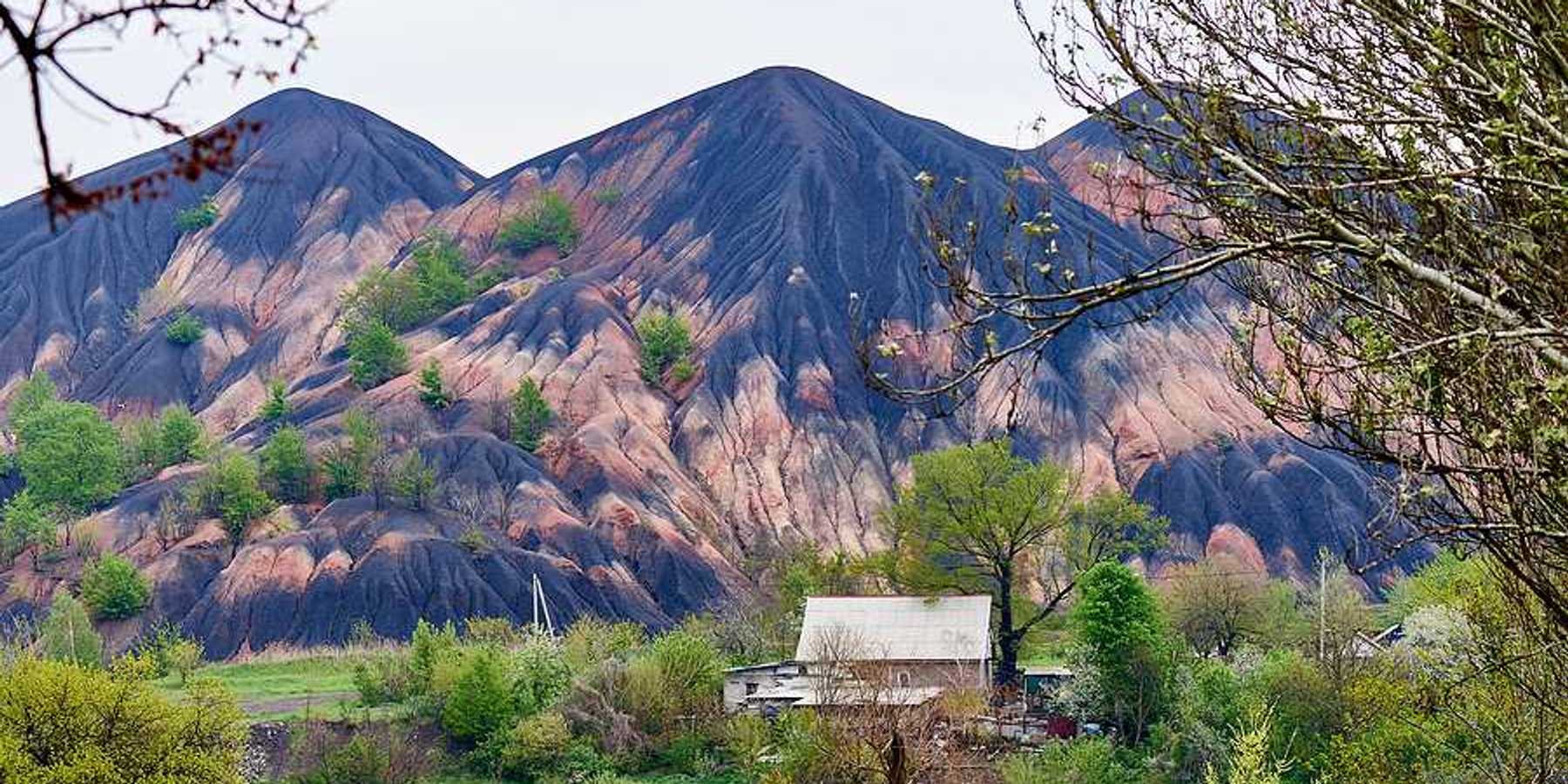coal-fired power plants
Illinois faces challenges in addressing coal ash contamination
Despite Illinois passing a law five years ago to manage coal ash contamination, progress has stalled, leaving environmental advocates concerned.
In short:
- In 2019, Illinois passed a law to regulate coal ash and required plant operators to submit plans to clean up or shut down.
- Despite finalized rules, permits for the coal ash pits in Waukegan have yet to be approved, delaying remediation.
- Federal rules have intensified scrutiny of coal ash, aiming to reduce its environmental impact and safeguard communities.
Key quote:
“When it comes to the implementation of these rules, it’s 2024 and we don’t have permits yet. And I don’t think anyone was expecting that.”
— Celeste Flores, co-chair of Clean Power Lake County
Why this matters:
Coal ash contains hazardous substances that can leach into groundwater, posing serious health risks. The prolonged delay in issuing permits for cleanup leaves communities exposed to potential pollution, heightening the urgency for regulatory action. Read more: Former coal plant near Pittsburgh is poisoning groundwater.
Biden's aggressive new climate policy targets coal pollution
President Biden has introduced stringent regulations on coal power plants to reduce pollution and transition to cleaner energy sources.
In short:
- The new EPA regulations mandate the installation of carbon capture technology at coal-fired power plants by 2032.
- These rules are part of a broader package aiming to cut mercury emissions and manage coal waste more effectively.
- While these regulations are a significant move towards cleaner energy, they have been met with resistance from both the coal industry and some political figures.
- Despite a number of recent actions by the administration to combat climate change, young progressives are expressing frustration about the green lighting of some high-profile fossil fuel projects.
Key quote:
"Biden can't create green jobs on Monday, on Tuesday approve a big oil export project, and then expect young people to turn out in the numbers that he needs us to."
— Stevie O'Hanlon, spokesperson for the youth climate group Sunrise Movement
Why this matters:
This big regulatory push by the Biden administration reflects a delicate balancing act in addressing environmental challenges while navigating political and economic landscapes in an election year. Read more: “Stop hurting us:” Protestors plead for their health outside a Pittsburgh gathering of coal and steel execs.
Indonesian utility PLN ordered to disclose coal plants’ emissions data
There’s a long history of various government ministries simply refusing to comply with its orders for data disclosure, and it’s not clear whether PLN will buck that trend.
Environmentalists rattled by radioactive risks of toxic coal ash
Dismantling of TVA's Bull Run Fossil Plant raises concerns over waste
Utah's tug-of-war between coal and clean energy
As the federal government is incentivizing states to transition to cleaner sources of energy through unprecedented funding, Utah’s Republican supermajority legislature is hesitant to accept the cash, fearing emissions regulations may be “overreaching.”
Negotiations begin over coal ash storage issues in Mobile, Alabama
A federal judge's recent dismissal of an environmental lawsuit paves the way for settlement talks between the U.S. Environmental Protection Agency and Alabama Power regarding coal ash storage in Mobile, Alabama.
In short:
- The lawsuit, filed by Mobile Baykeepers, claimed Alabama Power's coal ash pit near Mobile Bay violated federal environmental laws.
- Despite the dismissal, the case brought to light ongoing concerns about groundwater contamination and environmental hazards from coal ash.
- Settlement discussions are expected to address the long-term safety and compliance of coal ash storage at the Plant Barry site.
Key quote:
"This order does not address the fact that Alabama Power’s coal ash plan at Plant Barry endangers Mobile Bay and does not meet the federal standards."
— Barry Brock, director of the Southern Environmental Law Center’s Alabama office.
Visit EHN's energy section for more top news about energy, climate and health.









